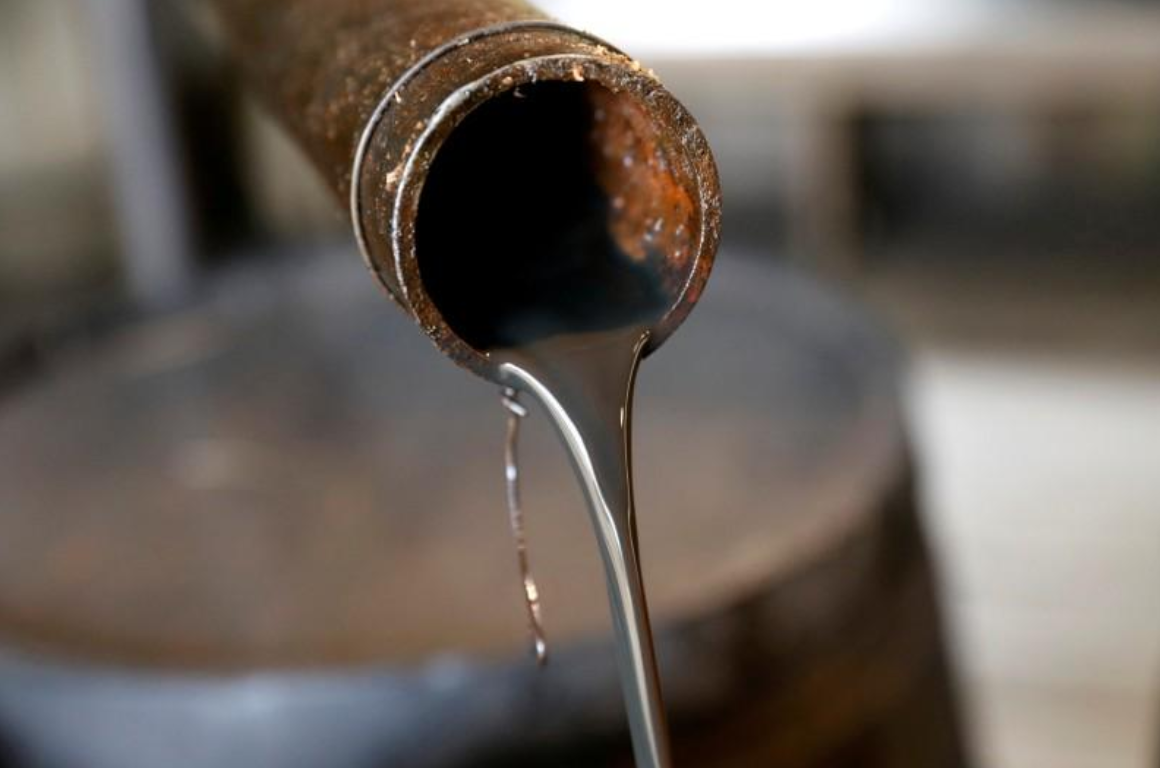
Armed protesters controlling ports in eastern Libya said on Saturday they had started exporting oil, bypassing the Tripoli government in a major escalation of their blockade to demand a greater share of the nation's petroleum wealth.
A North Korean-flagged tanker docked earlier at the Es Sider port, which is controlled by protesters who want more regional autonomy, officials at state-run National Oil Corp (NOC) confirmed.
The oil standoff is one part of deepening turmoil in the North African OPEC producer, where the government is struggling to control militias who helped topple Muammar Gaddafi in 2011 but kept their weapons and are challenging state authority.
Any independent shipment would be a blow to Libya's government. Tripoli had said it would destroy tankers trying to buy oil from Ibrahim Jathran, a former anti-Gaddafi rebel who seized the port and two others with thousands of his men in August.
"We started exporting oil. This is our first shipment," said a spokesman for the protesters based in the eastern town of Ajdabiyah.
Jathran had commanded a brigade of former rebels paid by the state to protect petroleum facilities. He defected with his troops, however, to take over the ports.
There was no immediate word from the Libyan government and navy about the shipment, but Prime Minister Ali Zeidan and the justice minister scheduled news conferences in the afternoon.
In January, the Libyan navy fired on a Maltese-flagged tanker which it said had tried to load oil from the protesters in the Es Sider port.
The tanker Morning Glory, which was previously flagged in Liberia and can load around 35,000 tonnes (about 250,000 barrels) of oil, had been circling off the Libyan coast for days.
The vessel had tried to dock at Es Sider on Tuesday, when port workers still loyal to the central government had told the crew to turn back.
Workers confirmed they could see the ship docked at the port, but it was not immediately clear whether it had started loading crude. Tanks at Es Sider and other seized ports are full, according to oil sources.
"We have informed the government and the defense ministry so they can take action," a senior NOC official said, adding that the tanker's crew "are trying to buy oil illegally."
It is extremely unusual for an oil tanker flagged in secretive North Korea to operate in the Mediterranean region, shipping sources said.
A spokesman for NOC said the Morning Glory was owned by a Saudi company. It had changed ownership in the past few weeks and previously been called Gulf Glory, according to a shipping source.
Protests
Western powers worry Libya will slide into instability or even break apart as the government, paralyzed by political battles in parliament, struggles to assert control of a vast country awash with arms and militias.
At a Libya conference this week in Rome, Western countries voiced concern that tensions in Libya could slip out of control in the absence of a functioning political system, and urged the government and rival factions to start talking.
Libya's government has tried to end a wave of protests at oil ports and fields across the vast desert state that have slashed oil output, the country's lifeline, to 230,000 barrels per day (bpd), from 1.4 million bpd in July.
Tripoli has held indirect talks with Jathran but his demand for a greater share of oil revenues for the east, like the region had under Gaddafi's predecessor King Idris, is sensitive for a government that worries this might lead to secession.
Jathran has teamed up with another set of protesters blocking oil exports at the 110,000-bpd Hariga port in Tobruk, also located in the east.
Libya's defense minister held talks this week with protesters blocking the 340,000-bpd El Sharara oilfield in the south but NOC has not confirmed whether it will reopen soon.
The protesters, from a tribal minority, want national identity cards and a local council, demands the minister has promised to study.


